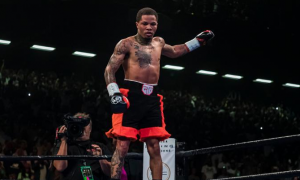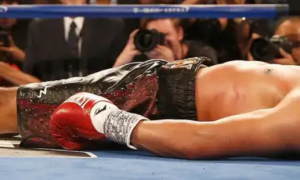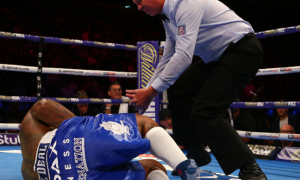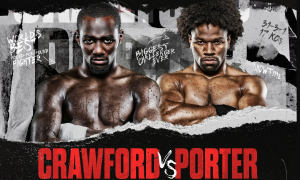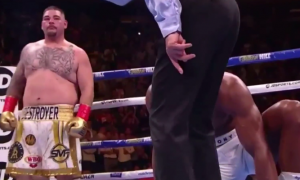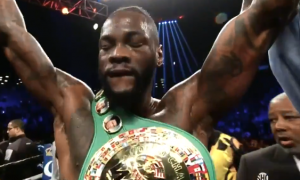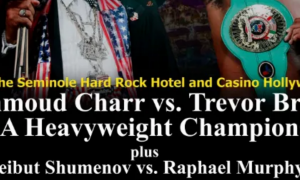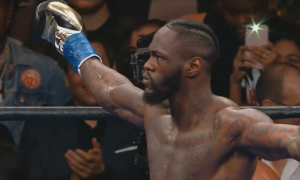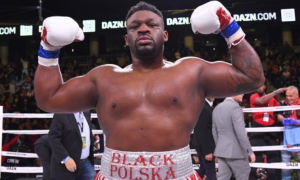How MVP Promotions Turned Heel and Abandoned Its First Real Prospect
In a moment that felt ripped straight from pro wrestling lore, Most Valuable Promotions (MVP) has officially turned heel… if compelling a geriatric, recently hospitalized Mike Tyson into a comeback fight wasn’t already enough.
On August 5, rising lightweight Ashton “H2O” Sylve revealed he had been unceremoniously cut from MVP, Jake Paul’s boxing promotion, just 12 months after suffering the first and only loss of his professional career. The move blindsided many in the boxing world, especially given Sylve’s role in legitimizing MVP during its early influencer heavy years.
“I helped build that platform when people still saw it as influencer boxing,” Sylve wrote in a statement on X. “I was the first real prospect they signed.”
Sylve had been undefeated and actively headlining MVP cards before a shocking knockout loss to Lucas Bahdi in July 2024. That bout came on short notice after his original opponent, Floyd Schofield, pulled out due to injury. Rather than protect his record, Sylve stepped up, only to be rewarded with a release letter and radio silence.
“Instead of support, I got a release letter. No call. No convo. Just cut.”
Even more damning: according to Sylve, MVP and Bahdi have refused to entertain a rematch, with the MVP social accounts choosing instead to endlessly loop the viral KO clip while shielding other fighters from real risk.
It is a sharp turn for a promotion that once claimed to disrupt boxing’s broken systems. But now, MVP is starting to look more like the very thing it claimed to oppose — a brand more interested in moments than merit, and more committed to content than careers.
For fans of wrestling, the parallels are clear. MVP’s pivot mirrors the infamous New World Order (NWO) faction in WCW – once exciting, but in retrospect more spectacle than sport.
For boxing fans, this may be the moment MVP’s true colors showed – a company that once promised a a revolution finds itself unable to pivot when their plans are upended.



